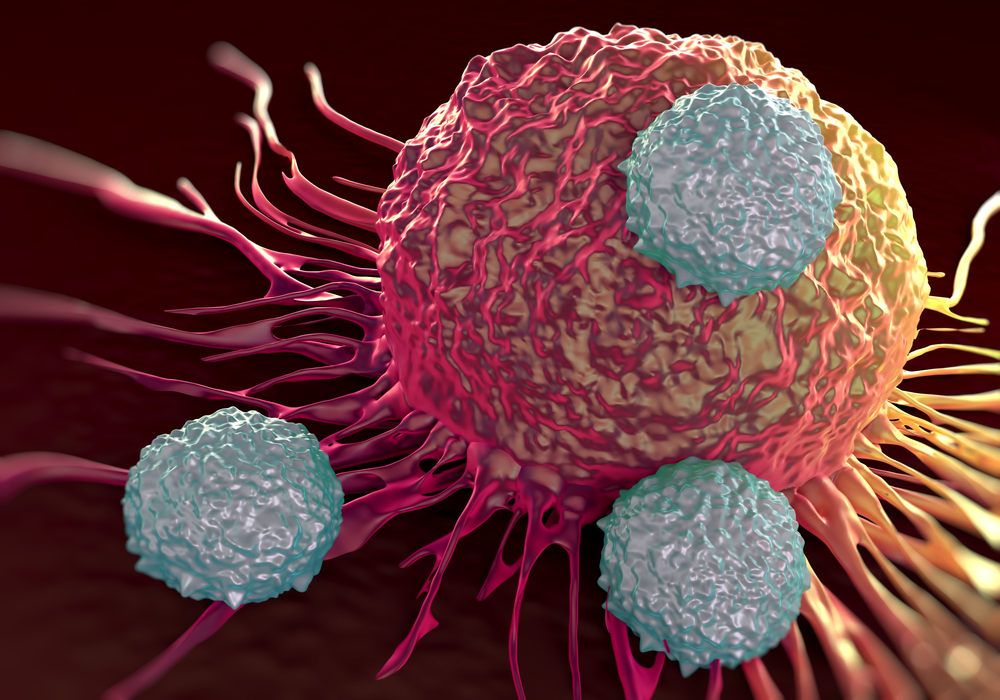Autolus Advances New Myeloma CAR T-cell Therapy in Clinical Trial

Autolus has successfully completed dosing the first group of patients in a Phase 1/2 trial of AUTO2 — a CAR T-cell therapy that targets two factors that drive disease in patients with relapsed or refractory multiple myeloma.
Researchers believe that having two targets might be more efficient in fighting the cancer. Moreover, the cells are equipped with a safety switch, which makes it possible to remove them with a high dose of the immunosuppressant drug rapamycin.
Researchers intend to recruit about 80 patients for the U.K. study, called APRIL (NCT03287804). Since the trial makes up early stages of testing in humans, one of the main goals of the trial is to establish the safety of the therapy. But researchers will also assess whether it does trigger a response to myeloma, and how efficiently it clears the cancer.
The Phase 1 part of the study will allow researchers to test increasing doses of the therapy that is made of patients’ own T-cells, which researchers gather using a technique called leukapheresis.
The T-cells are then genetically modified in the lab to specifically attack the molecules BCMA (B-cell maturation antigen) and TACI (transmembrane activator and calcium modulator and cyclophilin ligand interactor).
After a chemotherapy round, researchers infuse the cells back into patients and follow them for 12 months. The Phase 2 part will measure safety and efficacy parameters.
CAR T-cells are known to trigger a fierce immune response, which can sometimes lead to a life-threatening condition called a cytokine-release syndrome. Autolus did not provide information on how patients fared after the administration of the therapy, but also did not flag any safety issues.
AUTO2 is the first CAR T-cell therapy, tested in myeloma, which targets two cancer proteins. Since BCMA is often found in low and variable numbers on myeloma cells, adding TACI will increase the likelihood that any particular patient will respond to the treatment.
“BCMA CAR-T cell therapies have shown considerable promise in early clinical studies. A dual-targeted approach may minimize the risk for antigen negative escape and extend CAR-T treatment to patients with low density of BCMA antigen on the surface their cancer cells,” Dr. Jesus G. Berdeja, director of myeloma research and senior investigator of hematologic malignancies at the Sarah Cannon Research Institute, said in a press release.
“Breaking the defense mechanisms of cancers against T-cells is key to unlocking the curative potential of CAR-T cell therapies,” added Dr. Christian Itin, CEO of Autolus. “AUTO2 is a first example of Autolus’ approach to specifically reprogram the patient’s own T-cells to minimize the risk of the cancer cells escaping treatment.”






